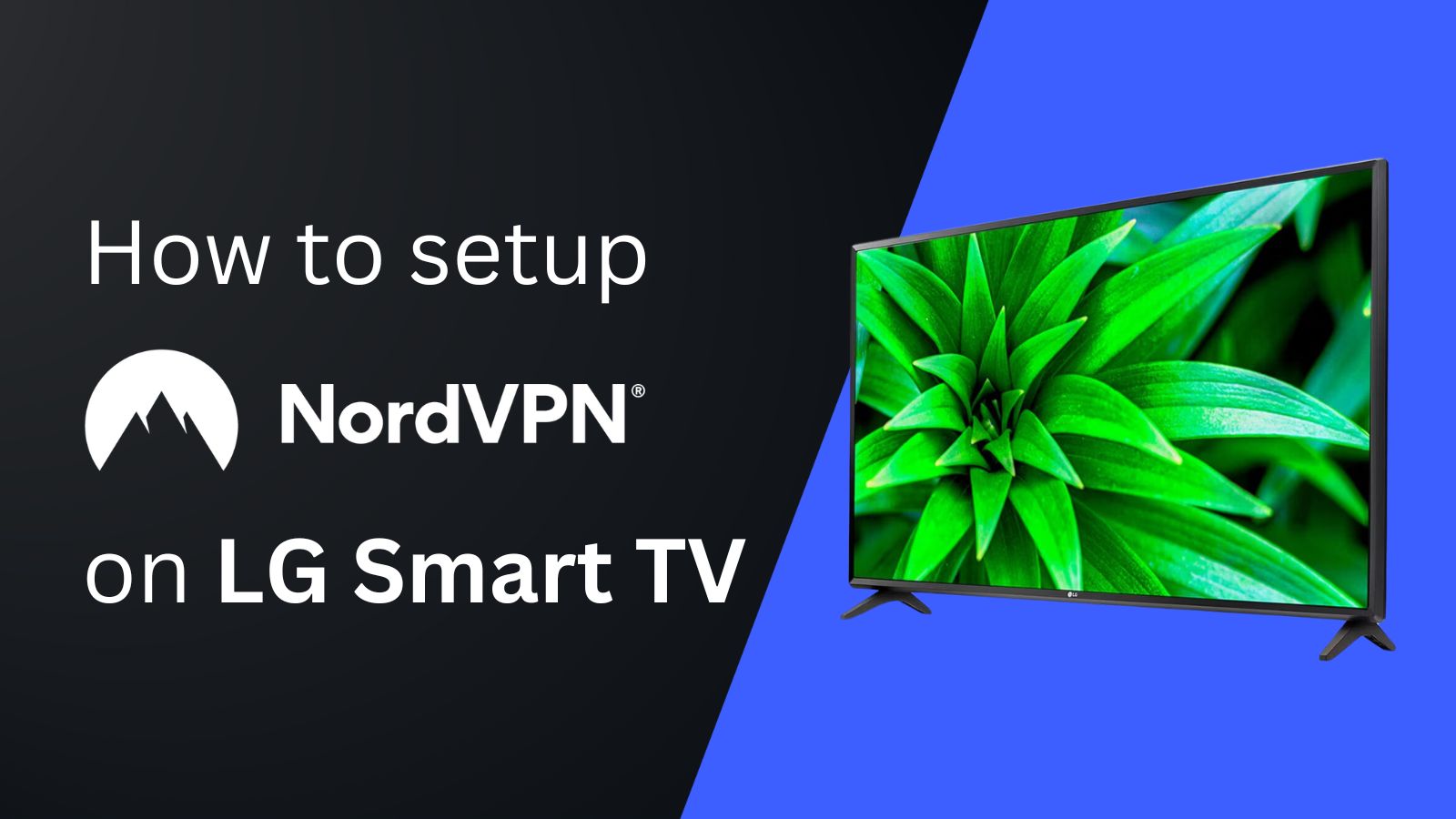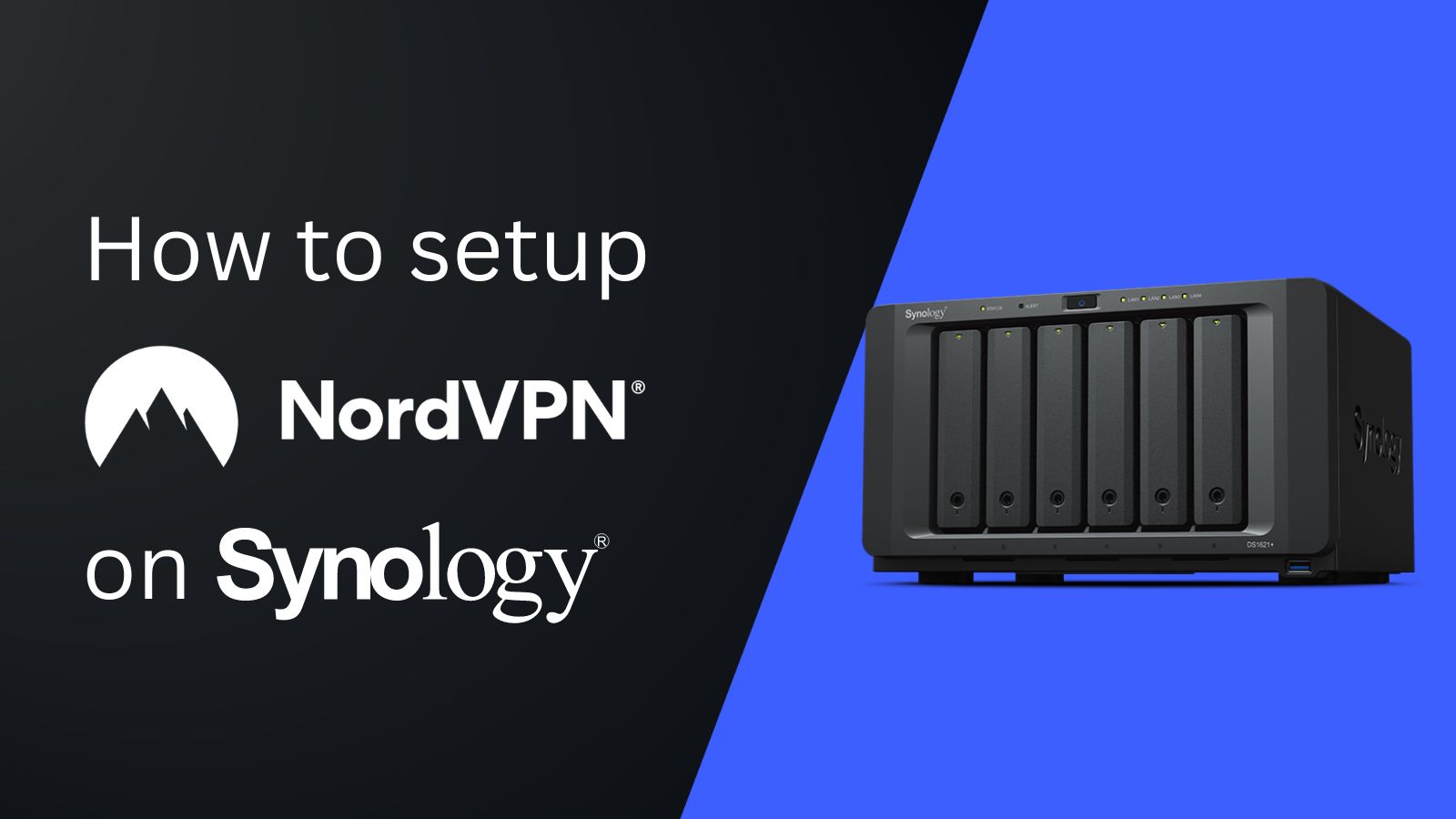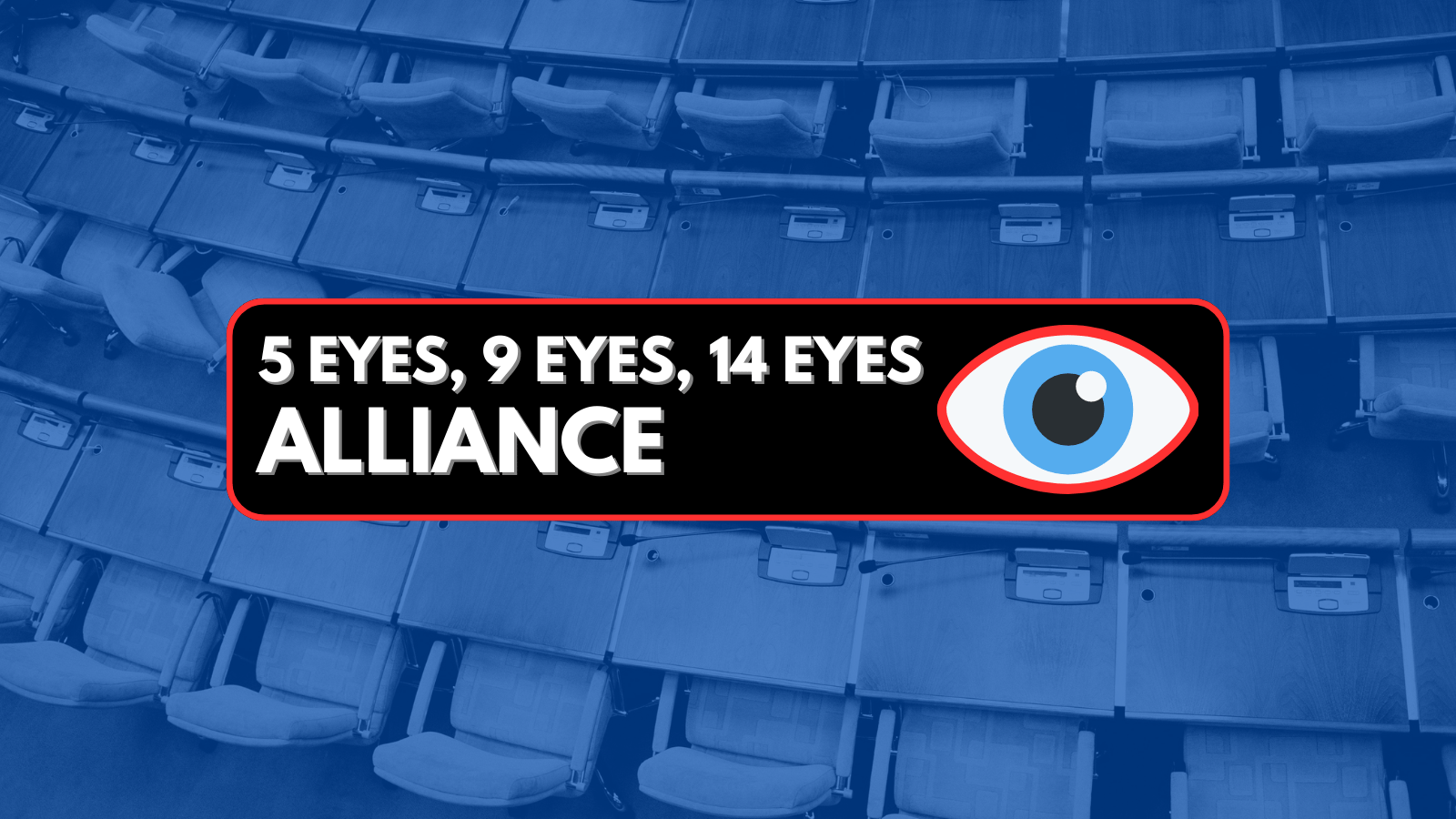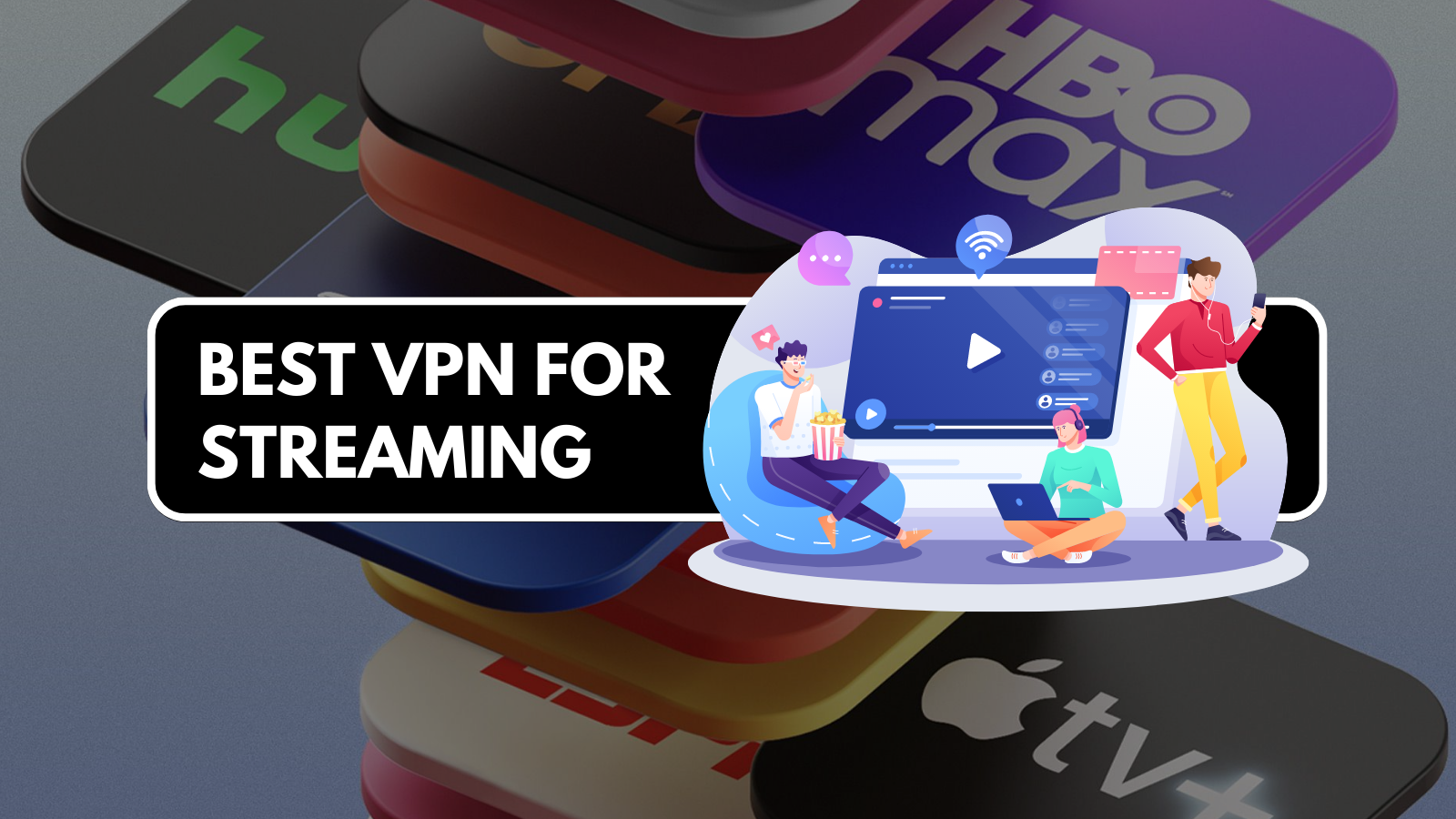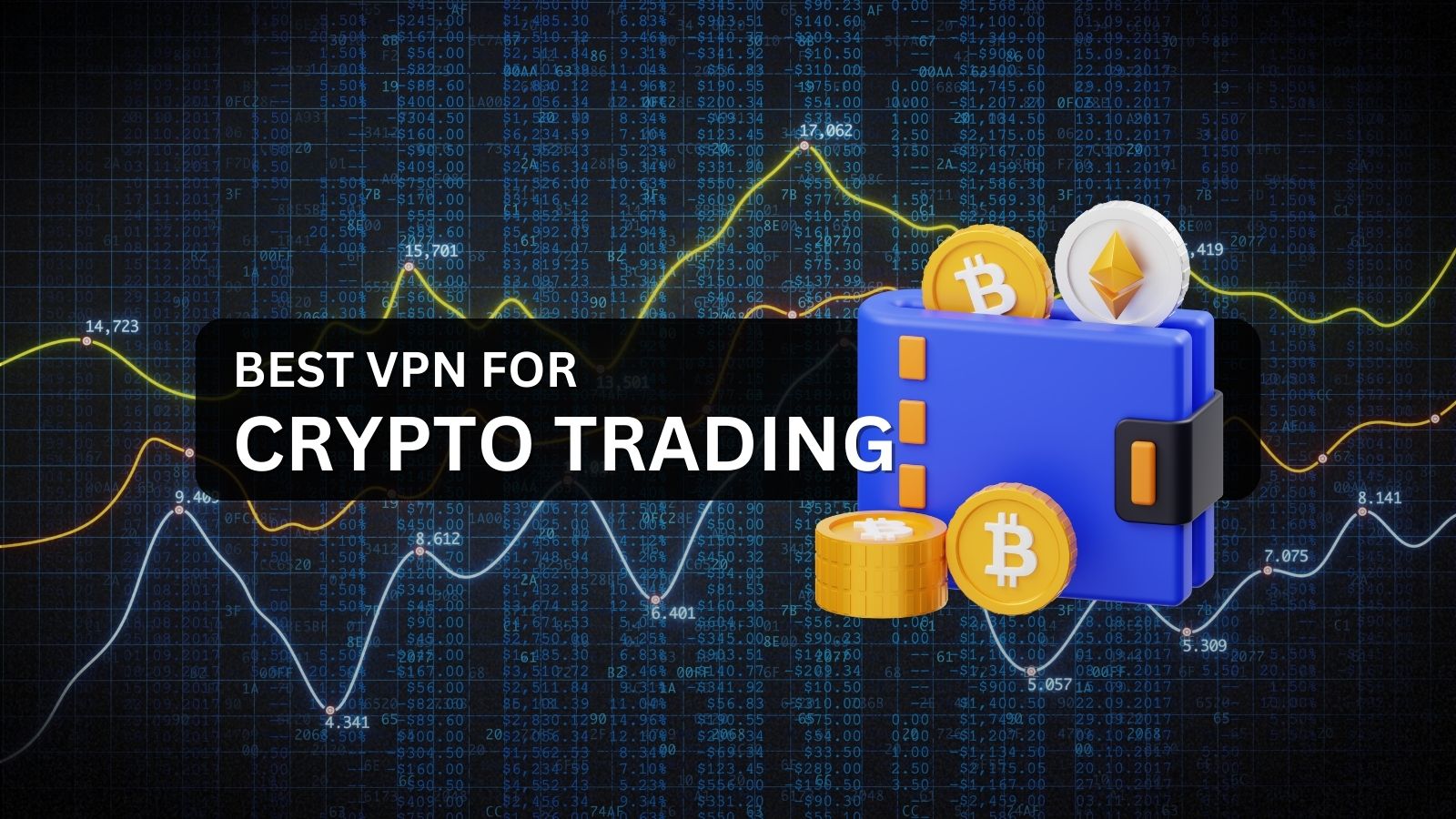
When you purchase through links on our site, we may earn an affiliate commission. Here’s how it works.
Are VPNs Safe in 2026?
A VPN protects your privacy online by encrypting data and hiding your IP address. However, advanced tracking methods like Deep Packet Inspection (DPI) can still pose risks. So, are VPNs truly safe?
Well, if you are using a capable VPN with robust security, then your data is secure, and there are no risks. However, while VPNs are legal in most countries, it is important to check the laws in your particular location. That is because a few countries like the UAE, Iraq, and North Korea have strict regulations against VPN usage.
In this article, we will answer the question of whether VPNs are safe and what makes them secure. You will also learn how to choose one for maximum safety.
Key Takeaways
- Not All VPNs Are Safe: Many free VPNs log your activity, inject ads, or even sell your data. Don’t fall for “free” privacy.
- What to Watch For: Red flags include vague privacy policies, poor encryption, no audit history, or being based in high-surveillance countries.
- What Makes a VPN Safe: Look for AES-256 encryption, a no-logs policy, RAM-only servers, kill switch, DNS leak protection, and secure protocols like WireGuard.
- Beyond the VPN: Use strong passwords, 2FA, encrypted messaging apps, privacy-focused browsers, and malware protection for complete digital safety.
- Trusted Picks: Services like NordVPN, ExpressVPN, and Surfshark lead the pack, but NordVPN is out top pick as it stands out with post-quantum encryption, third-party audits, and all-around top-tier security.
The VPN Landscape in 2025: What’s Changed?
As we move deeper into 2025, the VPN landscape is undergoing seismic shifts driven by growing cyber threats, expanding government surveillance, and increasingly restrictive censorship. Users around the world are turning to VPNs not just for privacy, but for digital survival.
1. A Surge in Demand, But at a Cost
VPN use has increased dramatically from Tehran to New Delhi. Due to government-imposed internet restrictions, VPN usage increased by an astounding 700% in Iran alone, according to this report. This increase is in line with increased concerns about surveillance during regional conflicts, such as the growing tensions between Israel and Iran.
Governments, however, are reacting forcefully. We're witnessing concerning patterns of digital control in places like Turkey and India. Turkey has suggested broad authority to prohibit social media and messaging apps, while India asked X (previously Twitter) to block 8,000 accounts. In the meantime, VPN users have even been arrested for accessing blocked information in locations like Doda.
2. The Double-Edged Sword of Free VPNs
With the spike in VPN demand comes a worrying trend: the rise of malicious or government-linked VPNs. Iran, for example, has warned citizens against using free VPNs, citing espionage concerns. Reports have also uncovered Chinese-linked VPN services posing as privacy tools while harvesting user data.
3. VPN Tech is Fighting Back
On the brighter side, VPN technology is evolving. Protocols like WireGuard offer faster, more secure connections. With the rise on post-quantum encyrotion, the security measures are now double. Some modern VPNs are now integrating AI-driven threat detection, capable of identifying cyber threats before they hit. These advancements are especially timely given growing risks, such as the leak of 184 million passwords on the dark web, and the EU’s controversial push to access encrypted user data.
So, Are VPNs Really Safe?
Yes, VPNs are generally very safe. However, it also depends on which VPN you use. Robust VPNs that are engineered for maximum security and privacy, especially on public Wi-Fi networks, are safe to use.
On the other hand, free VPNs can be unsafe due to a lack of security and questionable practices like selling user data, pushing advertisements, and more.
Generally, VPNs protect you by creating a tunnel for your data, preventing hackers and your government from snooping on your activities. To achieve this, they use encryption ciphers and protocols, which are a set of instructions that transform your data into encrypted (unreadable) code. By combining this with features like a kill switch, your identity stays hidden even if your connection drops.
Moreover, safe VPNs also employ a strict no-logs policy, which means that there's no trail of your online browsing.
Latest Developments in VPN in 2026
All this is fine, but what are the latest developments in the field of VPNs? How are VPN truly preparing for 2026. Let's have a look at some of the latest technical advancements that the VPN sector has witness:
- ExpressVPN has upgraded to Lightway Turbo, designed to significantly boost internet speed while maintaining top-notch security, ensuring users get faster and smoother VPN experiences.
- NYMVPN breaks new ground by offering a decentralized VPN service that combines privacy with blockchain technology, aiming to eliminate single points of failure and increase anonymity for users.
- Vivaldi browser has seamlessly integrated Proton VPN, providing users with easy access to secure, encrypted connections directly from the browser interface.
- Surfshark enhances user control with its new Split Tunneling Bypasser feature on macOS, allowing apps to bypass the VPN securely without interrupting the connection.
- Surfshark has filed a patent for a technology designed to minimize metadata exposure, enhancing user privacy by reducing the amount of information leaked during VPN use.
- Surfshark has broadened its dedicated IP offerings with new server locations, giving users more options for consistent and private VPN connections.
- NordVPN launched a user-friendly GUI app for Linux, making it easier for Linux users to access and manage VPN connections with a graphical interface rather than command-line.
- Netgear’s acquisition of Exium enhances its cybersecurity and Secure Access Service Edge (SASE) capabilities, improving VPN and network security solutions for small and medium enterprises.
- Surfshark’s Everlink technology helps maintain stable and secure VPN connections, even when networks fluctuate or drop, ensuring uninterrupted user privacy.
- ExpressVPN rolled out AircoveOS v5.3, an update focused on improving router-level VPN security and performance for home users.
- NordVPN is pioneering security by introducing post-quantum encryption, preparing users against future threats posed by quantum computing advancements.
- ExpressVPN now boasts a server presence in every U.S. state, greatly improving access speed and regional content availability for American users.
- KelVPN combines blockchain and quantum-resistant encryption to offer a new generation of VPN that’s secure against emerging cyber threats of the future.
These cutting-edge advancements illustrate how the VPN industry is evolving rapidly to meet the challenges of 2026, focusing on speed, security, privacy, and future-proofing technology.
What Makes a VPN Safe?
The various qualities that make a VPN safe are unbreakable encryption, a strict no-logs policy, a privacy-friendly jurisdiction, and advanced security features like a kill switch, DNS leak protection, and malware blocking.
Other additional features you should look for include RAM-only servers that delete data every time they reboot. With that, make sure the provider has a clean history.
Let’s take a look at the key features that make a VPN safe.
- Secure Protocols: Secure VPN protocols like WireGuard, IKEv2/IPSec, and OpenVPN are essential for establishing a safe VPN connection. They dictate how data is transmitted and ensure top-notch security.
- No-Logs Policy: A VPN that doesn't store your browsing history, IP address, or any other data ensures that your online activities remain private.
- Kill Switch and Split Tunneling: A VPN kill switch is a safety net that cuts off your Internet connection if the VPN connection drops and prevents data exposure. And with split tunneling, you can route some of your internet traffic through the VPN while allowing other apps or websites to access the internet directly, giving you more control over your online activity and bandwidth usage.
- Obfuscation: Obfuscation hides your VPN traffic so it looks like regular internet use, helping you bypass blocks. Want to access content even in strict countries? Obfuscation’s got your back!
- Favorable Jurisdiction: Choose a VPN provider located outside the 5/9/14 Eyes Alliance to avoid intrusive government surveillance laws.
- RAM-Only Servers: These servers delete all data upon reboot, ensuring no permanent data storage. This means that nobody will be able to access your data at any time in the future.
- Encryption: Look for strong encryption such as AES-256 , which is the gold standard for data security due to being practically unbreakable. This converts your Internet data into unreadable code that cannot be deciphered by anyone.
- Two-Factor Authentication: A two-factor authentication is a feature that prevents unauthorized users from signing into your account. This adds an additional layer of security and requires you to verify your sign-in via phone or email.
- VPN Provider History: Good providers have a clean track record with no scandals related to data breaches, privacy violations, and other suspicious activities. This indicates reliability and commitment to user security.
- VPN and DNS Leak Protection: VPN leaks are very common and cause you more harm. Therefore, make sure to check your VPN for leaks. Additionally, use DNS leak protection as this feature ensures your DNS requests are fully encrypted, keeping your online activity private and enhancing your security.
- Ad and Malware Blocking: Some VPNs come with malware and ad-blocking capabilities that can enhance your browsing experience and keep you safe from malicious websites.
The best VPNs should check all the right boxes. In light of the features described above, we recommend NordVPN since it’s one of the most secure VPNs. Based on our thorough testing, NordVPN works seamlessly in various use cases like streaming, gaming, torrenting, and plenty more.
Are All VPNs Safe?
Think all VPNs are safe? Think again. Just because a service calls itself a VPN doesn’t mean it’s actually protecting you. Ask yourself: why would a “free” VPN offer unlimited bandwidth with no strings attached? The truth is, many free VPNs are not safe as they are a product.
They not only log your activity but also bombard you with ads and quietly sell your data to third parties. Instead of shielding your privacy, they exploit it. Worse, some of these shady VPNs skip basic security like proper encryption or leak your real IP address, leaving you exposed to hackers, trackers, and even government surveillance.
And if that’s not enough, a few might even install malware or spyware on your device. Scary, right? So, before you tap that tempting “Connect” button, dig deeper. Who owns the VPN? Where are they based? Have they passed independent audits? A good VPN will be transparent about all this and a bad one won’t. In the world of digital privacy, choosing the right VPN isn’t just smart, it’s essential.
That’s why we recommend going with a free trial VPN instead. It lets you explore full features without the risks that come with most free services. Still unsure? Here’s a clear breakdown of the differences: Free VPN vs. Paid VPN vs. Free Trial – Which Is Best? This guide will help you gain a better understanding of which option is most suitable for your needs.
Red Flags to Watch Out for in 2026
- VPNs that offer completely free unlimited service with no catch
- Lack of a clear, strict no-logs policy
- Poor or no encryption standards mentioned
- Presence of excessive or invasive ads in the app
- VPN apps not available through official app stores
- Requests for unnecessary permissions on your device
- No transparency about company ownership or location
- Refusal or failure to undergo independent security audits
- Frequent connection drops or inconsistent performance
- Lack of customer support or unclear privacy policy
Importance of Transparency, Jurisdiction, and Third-Party Audits
Ask yourself: does this VPN actually walk the talk? The most reliable providers are fully transparent about where they’re based, how they handle your data, and whether they keep logs. Why does this matter?
Because a VPN based in the wrong jurisdiction could be forced to hand over your info at any moment. That’s where third-party audits come in, independent experts dig deep to confirm those “no-logs” claims and test for real security. If a VPN willingly undergoes these audits and shares the results, it’s a huge green flag. In a world full of digital smoke and mirrors, transparency, strong legal protections, and verified security are what truly separate the protectors from the pretenders.
Tips on Using a VPN Securely in 2026
Final Thoughts
Is your VPN truly protecting you, or just pretending to? In 2026, with rising cyberattacks, government surveillance, and censorship, using the right VPN isn't optional anymore, it's essential. Around the world, people are relying on VPNs not just for privacy, but for digital freedom. But with shady, free VPNs lurking in app stores and state-backed surveillance tools on the rise, how do you know who to trust?
That’s where being informed pays off. VPN tech is rapidly evolving, offering post-quantum encryption, malware blocking, no-logs policies, and even decentralized infrastructure. But do you know what really makes a VPN safe? Have you checked where it’s based, or if it’s been independently audited? If not, it’s time to dig deeper. In today’s digital world, your online freedom depends on the choices you make, so make them count.
- Is a VPN Worth It? – Explore whether investing in a VPN truly pays off for privacy, access, and long-term value.
- Pros and Cons of Using a VPN in 2026 – Understand the real benefits and drawbacks of using a VPN in today’s evolving digital climate.
- What Are the Most Common VPN Scams & How Can You Avoid Them? – Learn how to spot fake VPNs and stay safe from data-harvesting schemes.
- How Much Does a VPN Cost? – Get a breakdown of VPN pricing and find what fits your budget.
- How to Set Up a VPN – Follow easy, step-by-step setup instructions for any device or platform.
- Best VPNs Right Now – Our expert-tested list of the top VPNs for performance, privacy, and overall value.
- VPN Reviews – Dive deep into individual VPN services with our detailed, unbiased reviews.
We hope that this article answered your question about the safety of VPNs in 2026. If you have any comments, feel free to share them with us below.




